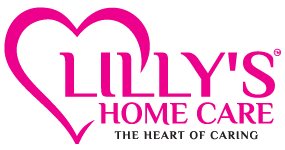As we or our loved ones grow older, deciding on the best living arrangement becomes a crucial task. Each option—aging at home, senior assisted living, and skilled nursing facilities—offers unique benefits and challenges. Understanding these differences can help in making an informed choice that aligns with the needs and preferences of the elderly individual.
Aging at Home
Pros:
- Familiarity and Comfort: Aging at home allows seniors to stay in their familiar environment, surrounded by personal belongings and memories.
- Independence: Many older adults prefer the autonomy and independence that come with staying in their own home.
- Personalized Care: Home care services can be tailored to meet specific needs, from daily activities to medical care.
Cons:
- Isolation: Seniors living alone might experience loneliness and social isolation, which can affect mental health.
- Home Modifications: Homes often need modifications (like ramps or grab bars) to accommodate mobility issues, which can be costly.
- Caregiver Stress: Family members who provide care might experience significant stress and burnout over time.
Senior Assisted Living
Pros:
- Social Interaction: Assisted living communities offer numerous social activities and communal spaces, promoting social engagement.
- Safety and Security: These facilities are designed with seniors’ safety in mind, reducing the risk of falls and accidents.
- Personalized Assistance: Residents receive help with daily activities such as bathing, dressing, and medication management, while still maintaining a degree of independence.
Cons:
- Cost: Assisted living can be expensive, and costs vary widely depending on location and level of care required.
- Adjusting to Change: Moving to a new environment can be challenging for some seniors, leading to feelings of displacement.
- Limited Medical Care: While staff can assist with daily activities and some medical needs, they are not equipped to handle serious health conditions.
Skilled Nursing Facilities
Pros:
- Comprehensive Medical Care: Skilled nursing facilities provide round-the-clock medical care from licensed professionals, suitable for those with chronic illnesses or severe health conditions.
- Rehabilitation Services: Many facilities offer physical, occupational, and speech therapy services, which are essential for recovery after surgery or illness.
- Structured Environment: These facilities have structured routines and activities designed to promote physical and mental well-being.
Cons:
- Higher Costs: Skilled nursing care is typically more expensive than other options due to the intensive medical services provided.
- Loss of Independence: The highly supervised environment can feel restrictive, limiting the independence of residents.
- Institutional Atmosphere: The clinical setting might feel less personal and more institutional, which can affect emotional well-being.
Making the Right Choice
Choosing the right living arrangement depends on various factors, including health status, level of independence, financial situation, and personal preferences. Here are some considerations to help guide the decision:
1. Health Needs: Evaluate the medical and daily care needs of the individual. Those with significant health issues may benefit more from skilled nursing facilities, whereas those needing minimal assistance might prefer aging at home or assisted living.
2. Social Needs: Consider the social aspect. Seniors who thrive on social interaction might enjoy the community environment of assisted living, while those preferring solitude may be happier at home.
3. Financial Resources: Assess the financial situation. Aging at home can be the most cost-effective if modifications and home care services are manageable. Assisted living and skilled nursing facilities can be more expensive but offer comprehensive services that might justify the cost.
4. Personal Preferences: Take into account the personal wishes of the senior. Their comfort, happiness, and sense of autonomy are paramount in making this decision.
Ultimately, the choice between aging at home, senior assisted living, and skilled nursing facilities should be a collaborative decision involving the senior, their family, and healthcare professionals. By carefully weighing the pros and cons of each option, families can find the best fit that ensures safety, happiness, and quality of life for their loved ones.






